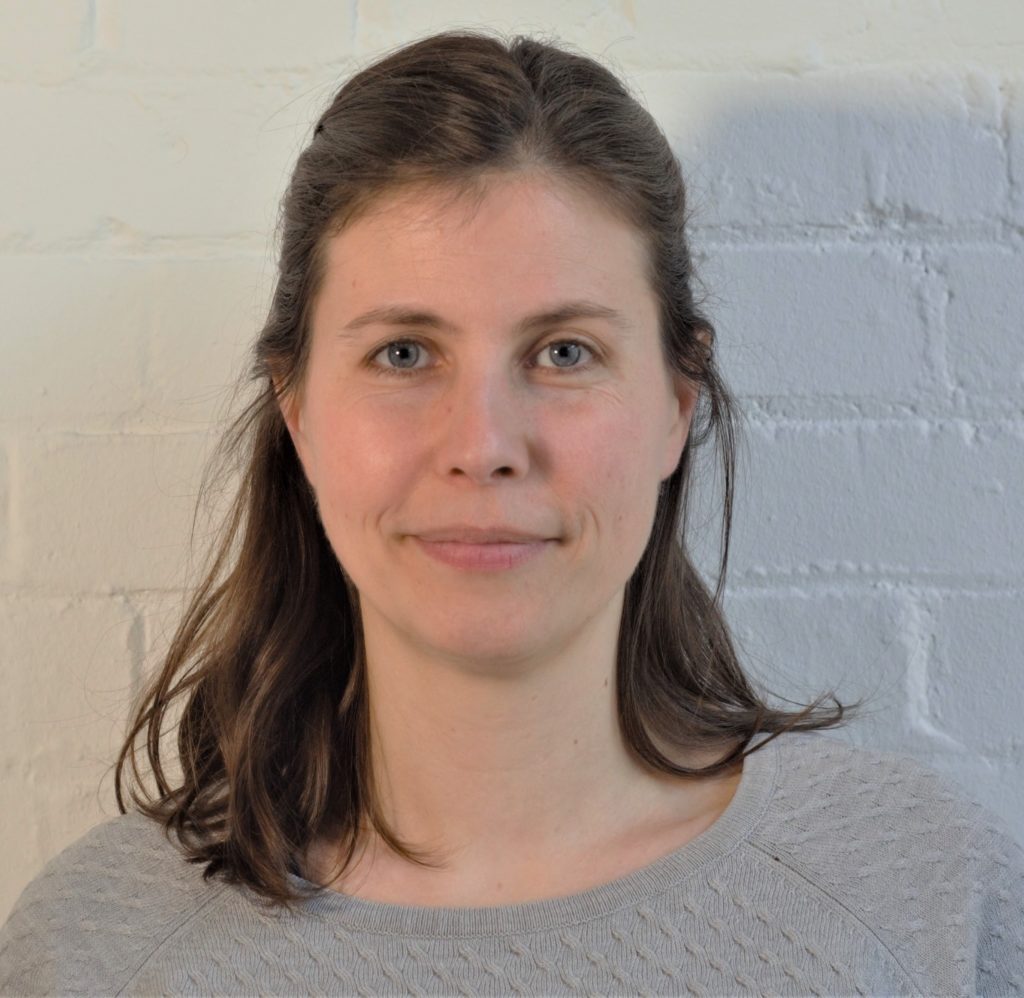Whether you still have presents to wrap, or are just settling down for a long winter’s nap, podcasts make for great company. We’ve asked members of our team to recommend podcasts they’ve heard in 2023.
First, Centre for Cities, one of our host organisations, had our director Henry Overman on their podcast in June in an episode titled City Talks: What are the signs that the UK is levelling up? In the discussion, Henry covers what contributes to productivity in local economies, how that affects sluggish UK productivity, and what evidence there is for interventions to tackle it.
My recommendation is a recent episode from Planet Money, titled Why do doctors still use pagers? This episode covers one hospital trying to improve efficiency by removing the use of pagers—in 2023. But the road to efficiency through process innovation can be rocky, and much of that comes down to willingness for staff to change. The episode also hears from Professor Michaela Kerrissey about the wider cultural and social factors within an organisation that need to be understood to make technology adoption stick. One for any local policymakers planning business advice or grant programmes.
Planet Money and its daily sister podcast The Indicator from Planet Money are firm favourites. Whether it’s finding ways to make the Federal Reserve Beige Book more interesting, explain economic indicators like jobs and inflation, or explore supply chains of everything from superheroes to a barrel of oil, they present economic concepts in an accessible and entertaining way.
Bruno Dent, Digital Communications Officer at Centre for Cities, suggests an episode from Science Vs: Andrew Huberman on Supplements, the Covid Lab Leak Theory and more. Both Huberman’s podcast The Huberman Lab and Science Vs promote the use of evidence. However, this episode highlights where a difference in evidence standards can lead to different recommendations. Although the theme is personal use of supplements rather than economic growth, evidence standards is a topic we hold dear to our hearts.
Myung Jin, Public Affairs and Communications Assistant at LSE, recommends an episode from our other host organisation, LSE. In the episode How can we make homes more affordable?, experts set out the long history of urban planning restrictions and their view that to make it affordable, housing needs to either grow up or out.
Victoria Sutherland, Deputy Director of Evidence, recommends a podcast series, Uncharted with Hannah Fry. It’s about how the visual presentation of data can lead to insights that we would otherwise miss. All ten episodes have lessons that are likely to be of useful for those analysing data to inform their economic development policies, but Episode 9 is particularly interesting in that it’s about what happens when you select the wrong outcome. Anyone that has done our logic model training will know how important getting the outcome right is to both programme and evaluation design. Most of the episodes focus on fields other than economic development – but the cases studies in Episodes 4 (public transport), 7 (productivity), and 10 (growth) might be of particular interest.
This last podcast episode didn’t technically air this year, but it’s great for the festive season. Tim Harford’s Cautionary Tales episode The Company that Cancelled Christmas covers preparing for Christmas, why savings schemes like Farepak appeal to some people, as well as how economists think about gift giving. Ever considered whether the present under your tree represents deadweight loss?
Whichever you listen to, it’s a chance to explore ideas and take a step away from e-mails and to-do lists.






